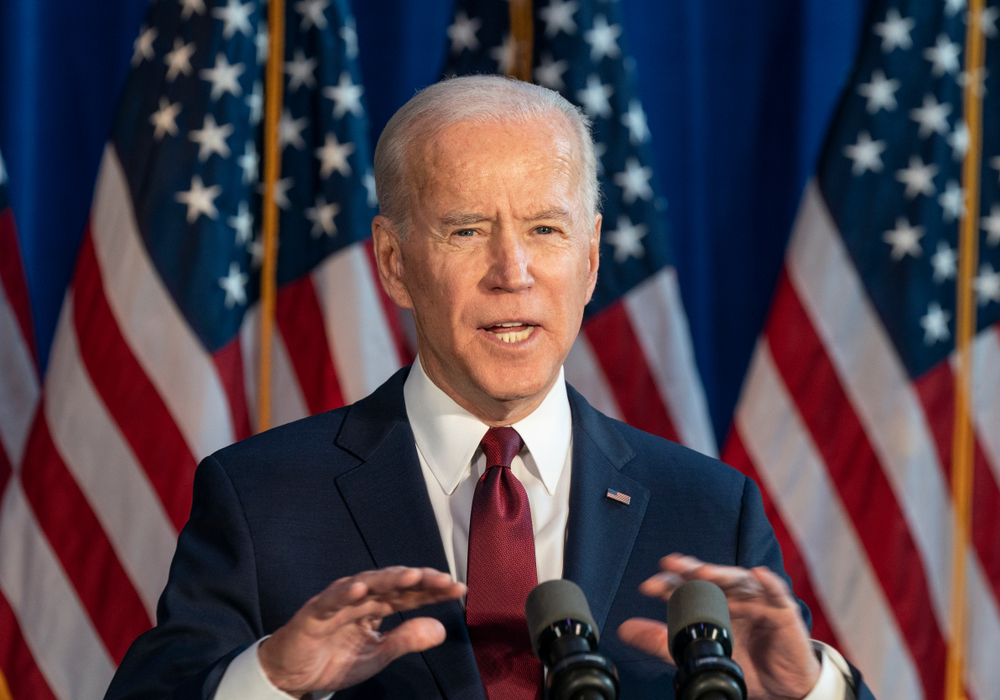
Wall Street Crashes While Main Street Struggles For Decades
Listen To Story Above
Market turbulence rocked Wall Street this week as major indices suffered significant losses, marking the steepest two-day decline since early 2022. The Dow Jones Industrial Average plummeted more than 1,100 points across two sessions, while both the Nasdaq and S&P 500 experienced substantial drops in what many financial commentators dubbed a “bloodbath.”
While mainstream financial media portrays these developments as a shocking catastrophe, some market observers suggest this volatility represents the inevitable consequence of decades-long structural problems. These critics point to a 40-year period of economic deterioration, citing factors such as globalization, widespread outsourcing, financial deregulation, and aggressive monetary expansion as key contributors to current market instability.
This video of Donald Trump talking about tariffs in 1988 has over 121,000 Likes
Donald Trump’s message about tariffs has never changed. Trump knows exactly what he’s talking about. pic.twitter.com/nvfhcoUoOT
— Wall Street Apes (@WallStreetApes) April 5, 2025
The stark contrast between Wall Street’s apparent surprise and skeptics’ long-standing warnings highlights a deepening divide in economic perspectives. While financial institutions have enjoyed unprecedented prosperity, critics argue that average Americans have endured decades of wage stagnation, industrial decline, and mounting personal debt.
“In reality, this ‘two-day bloodbath’ is just a tremor in a much larger earthquake,” said one market analyst. “What we’re seeing now is not the cause — it’s the consequence.”
This is why Democrats are outraged over tariffs
Donald Trump revealed the only reason we’re still paying an income tax in America is because US Politicians are paid off by foreign countries to not mandate tariffs
Anyone complaining about tariffs is selling you out
“In the… pic.twitter.com/k08ecvDLNh
— Wall Street Apes (@WallStreetApes) April 6, 2025
The combination of persistent inflation and rising interest rates threatens to further squeeze American consumers. Additionally, businesses that previously thrived on access to cheap capital and speculative investments may struggle to adapt to the evolving economic landscape.
Some market watchers interpret these financial disruptions as symptoms of a broader transformation, where confidence in traditional financial institutions and economic policies continues to erode. Though uncertainty remains about whether this week’s market decline represents a temporary setback or signals a more extensive downturn, critics maintain that these events further expose the fundamental weaknesses in the current economic system that Wall Street has long downplayed.




